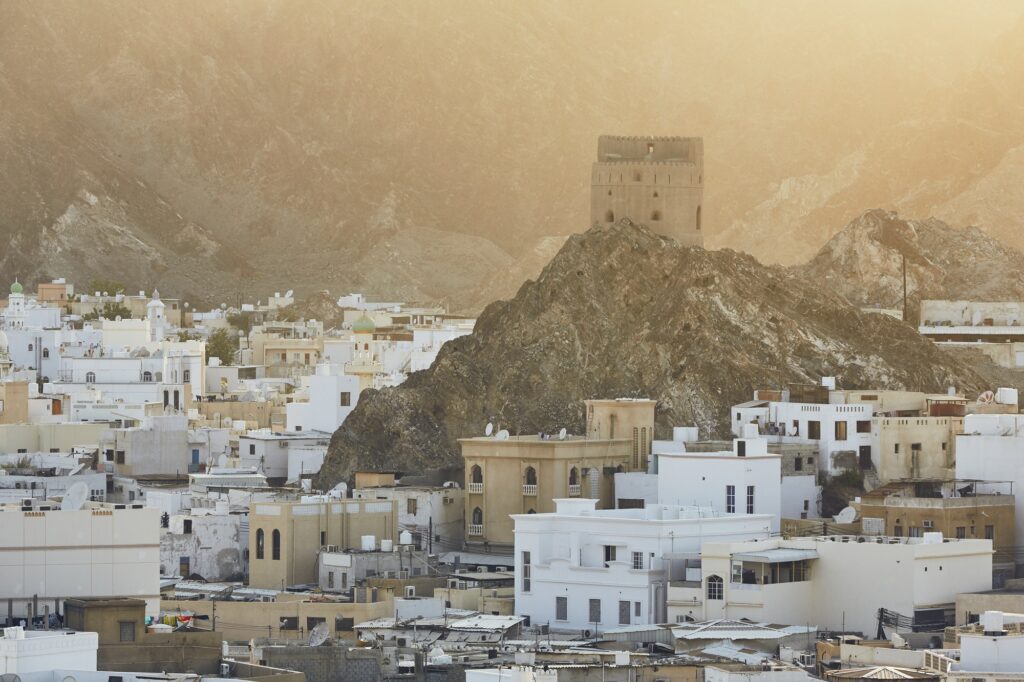The sultan of Oman, Qaboos bin Said Al Said, died at age 79 last month, who ruled for almost 50 years. He had no successors due to which the nation was worried about the next ruler but the succession took place smoothly as the British Royal Family accepted Haitham bin Tariq Al Said, cousin of late Qaboos bin Said Al Said.
Oman has now entered into a new era as the new ruler is now facing strict economic challenges. Usually, Oman used its oil resources to develop its economy and infrastructure but now things have changed as the oil reserves have decreased and the changing global dimensions have reduced the hold of Arab countries to export oil globally. Qaboos during his tenure failed to reduce its dependence on oil reserves and figure out other ways of gaining revenue. Due to these reasons, Oman now has to figure out new ways of developing their economy.
The country also has to revisit its domestic and foreign policy, including military diplomacy. With natural resources now decreasing, they have to focus on job creation and the need for controlled political reforms in the country. The new ruler has an important task to focus on relations with gulf countries (UAE and KSA especially) and to solve the issues with Iran and Qatar as they are their neighbours. Improvement in relations with these would mean an increase in trade among these countries and improvement in the economy.
